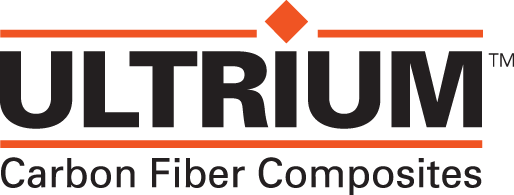




IDI’s materials engineers have expanded their line of Structural Thermoset Composites (STC®) with the introduction of Fortium™, a high glass based composite material and Ultrium™, a carbon fiber based composite material. Fortium™ and Ultrium™ STC® enables product designers and engineers to bridge the cost and performance gap between lower performing traditional materials like metal and higher cost advanced composites. Fortium™ and Ultrium™ possess exceptional specific stiffness and specific strength and Structural Thermoset Composites provide greater design flexibility at a lower price than an advanced composite and at a far lower density than metal.
For years, design engineers and molders have been converting products from metals to thermoset composites. They know that thermoset composites can help improve the design, manufacture, and durability of a vast number of products.
With the expansion of Fortium™ STC® and Ultrium™ STC® to include higher glass and carbon fiber percentages, IDI Composites International now offers a solution truly comparable to advanced composites. We outperform metals and thermoplastics due to benefits including higher strength per unit weight, better dimensional stability and corrosion resistance, greater design flexibility for complex geometries, and lower cost. Because varying the type and quantity of its ingredients can alter the properties of a structural thermoset, custom formulations can be created specifically tailored to the requirements of an application,
and because of their moldable characteristics, STC's® can be converted to complex geometries. Furthermore, as a thermoset material, STC® will not melt or deform at high temperatures.
Firmly established in a number of industries, Structural Thermoset Composites (STC®) are finding their way into new applications as more designers and engineers discover the benefits of these high-performance,cost-effective materials.